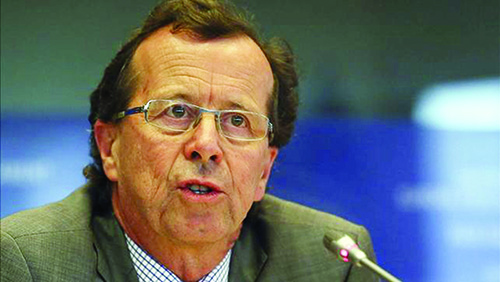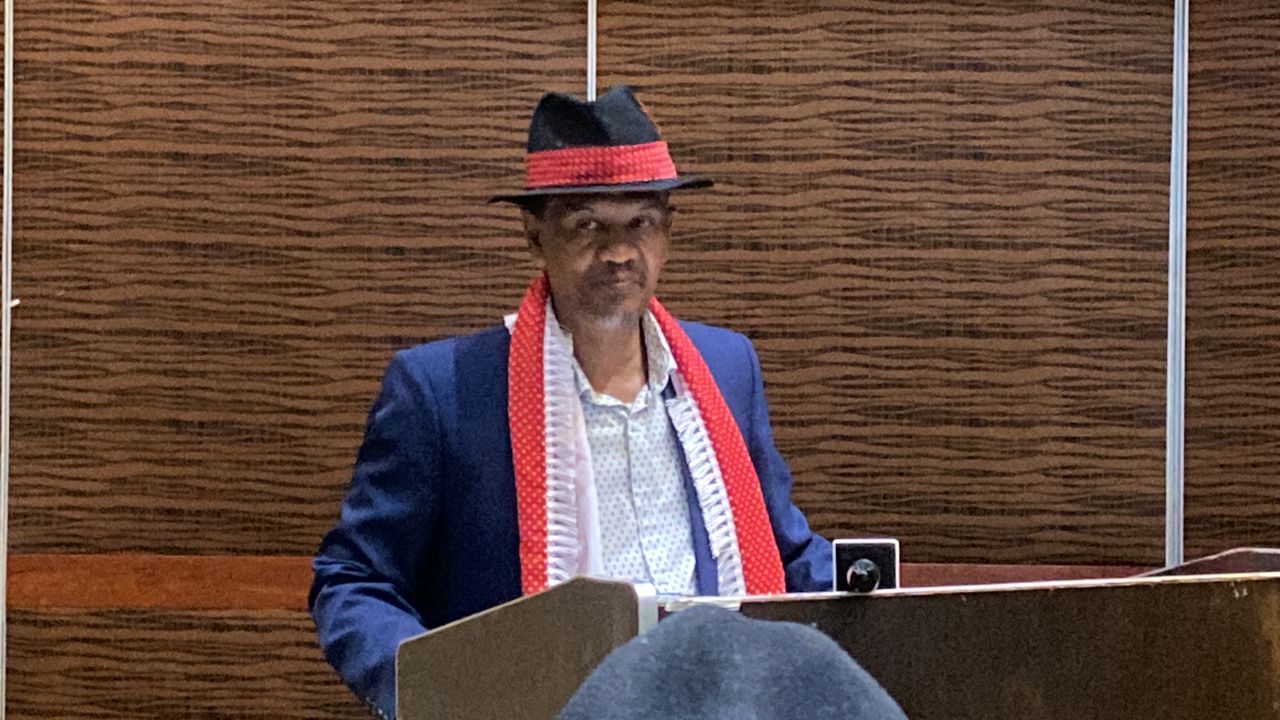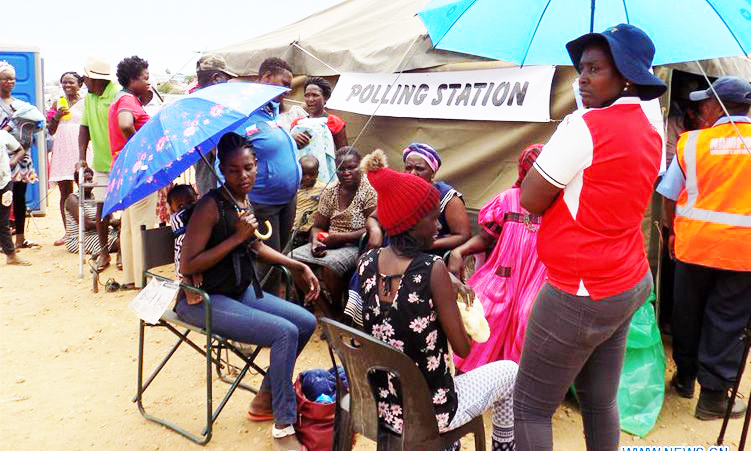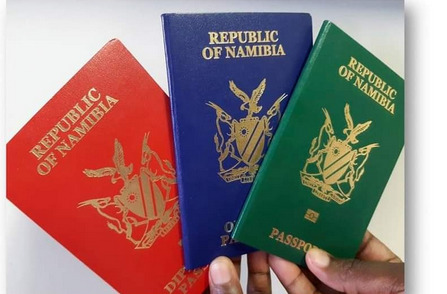NEW YORK – The top UN envoy in the Democratic republic of Congo said on Monday there are “credible reports” that the M23 rebel group is recruiting fighters and resuming activities despite last month’s peace agreement with the Congolese government following its military defeat.
Martin Kobler told the UN Security Council that the M23 must not be allowed to re-emerge as a military force, which would roll back regional and international efforts to end decades of fighting centred in mineral-rich eastern DRC.
M23 launched its rebellion in April 2012, becoming the latest reincarnation of a Tutsi rebel group dissatisfied with the Congolese government. Rwanda’s Tutsi-led government has been accused by UN experts and others of backing the M23 and using it as a proxy force to secure access to eastern Congo’s lucrative mining trade – an allegation the government denies. The December peace agreement between the M23 and DRC’s government, which was signed in Nairobi, requires the insurgent group to demobilise its fighters and transform itself into a political party.
In the past month, however, Kobler said, “there are credible reports that the military recruitment of the M23 did not cease … [and] of emerging M23 activities in Ituri in northeastern DRC”. He urged Congo’s government to implement the agreement with M23 and expedite the disarmament, demobilisation and reintegration of its fighters, a process he said “is still too slow”.
Kobler also urged the Rwandan and Ugandan governments “to do everything possible to prevent M23 elements from sheltering or training troops on their territory”.
The DRC conflict is a spillover from the 1994 genocide in neighbouring Rwanda. Hundreds of Hutus who participated in the mass slaughter escaped into DRCand still fight there, along with other armed groups.
In February, the Congolese government and 10 other African nations including Rwanda and Uganda took the most concerted action to bring peace to DRC by signing an agreement not to interfere in each other’s internal affairs or host armed groups.
The Security Council followed up in late March by beefing up the UN peacekeeping force in DRC with an “intervention brigade” and giving it an unprecedented mandate to take offensive military action against rebel groups to help bring peace to the east by neutralising and disarming their fighters. The council also authorised the use of unarmed drones on a trial basis for intelligence gathering in eastern DRC.
Mary Robinson, the UN envoy for the Great Lakes region of central Africa, told the council by videoconference from the Congolese capital, Kinshasa, that the positive atmosphere following the December peace agreement between DRC and the M23 “has vanished”.
– Nampa-AP
Stay informed with The Namibian – your source for credible journalism. Get in-depth reporting and opinions for
only N$85 a month. Invest in journalism, invest in democracy –
Subscribe Now!





